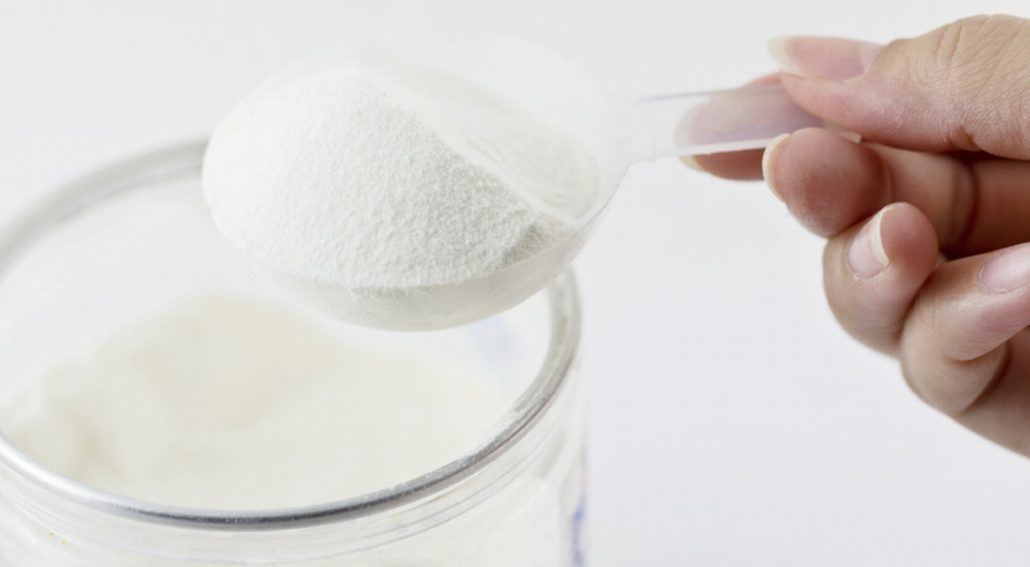
How safe is it to consume hydrolyzed collagen?
Share
Excitement and use of collagen began in the 1970s, but its popularity has only recently surged as a daily supplement. Collagen is one of the main structural proteins in our bodies — supporting skin, teeth, cartilage, bones, ligaments, and joints. It also helps repair tendon damage and contributes to mobility, resilience, and elasticity.
Interestingly, collagen has been part of human diets for thousands of years. Traditional diets contained collagen in homemade broths, bone-in meats, and animal skin. Modern eating habits — like boneless, skinless cuts — have contributed to a collagen deficit, which is one reason collagen supplementation has become useful.
The Evidence
There has been substantial research on the safety and effectiveness of hydrolyzed collagen:
- Skin Support: In a double-blind, placebo-controlled study, women taking 2.5 g of hydrolyzed collagen daily for 8 weeks showed a 20% reduction in wrinkle depth and a 65% increase in natural collagen production. No significant side effects were observed.
- Joint Support: In another study, taking 10 g per day of collagen helped reduce pain in patients with osteoarthritis of the knee or hip, with only minor digestive discomfort reported in a few individuals.
- Long-term Safety: A study in animals receiving very high doses for 90 days showed excellent tolerance and minimal adverse events.
Side Effects of Collagen
Hydrolyzed collagen is generally recognized as safe for most people. However:
- Allergies: Reactions are rare but may occur in individuals sensitive to collagen derived from fish or shellfish.
- Marine collagen can be high in calcium: Excessive intake may contribute to hypercalcemia, which can cause fatigue, nausea, and muscle pain. This is uncommon but worth noting.
- Digestive Effects: A small percentage of users report temporary “fullness” or a mild aftertaste.
Collagen from bovine and porcine sources typically has very low rates of adverse reactions.
How Collagen Supplements Are Made
Hydrolyzed collagen is sterilized at high temperatures, filtered, concentrated, and dried into a powder. Reputable manufacturers follow strict safety standards, including:
- ISO 9001 Quality Management
- FDA oversight for raw material handling
- European Pharmacopoeia safety requirements
Bottom Line
Hydrolyzed collagen is considered safe for daily consumption in healthy individuals. The research suggests benefits for skin, joint function, and bone support — with minimal side effects for most people.